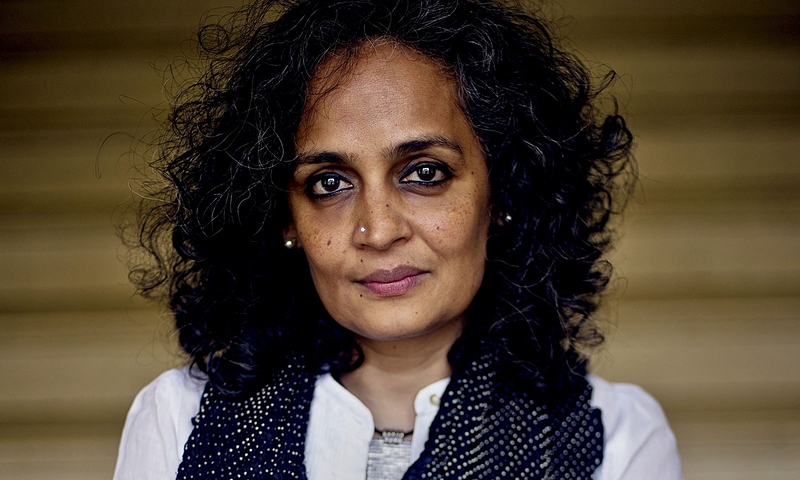FOR URGENT RELEASE: ARUNDHATI ROY PUBLIC TALK IN DHAKA GOING AHEAD DESPITE PERMISSION REVOKED BY DHAKA METROPOLITAN POLICE
5th March 2019
Dhaka, Bangladesh
At around 10 pm on Monday, 4 March 2019, The Chobi Mela secretariat received notification from the Dhaka Metropolitan Police that the state venue permission for Arundhati Roy’s talk on 5 March 2019 at Krishibid Institute Auditorium in Dhaka had been revoked due to ‘unavoidable circumstances.’ No further details were shared as to why this decision was taken. The talk has been organised as part of festival programming, where this tenth edition takes ‘Place’ as its central theme. Despite this setback, organisers are going ahead with the program, which will now be held at a different venue.
The festival is regardless shocked at the government’s decision and regrets the inconvenience caused to the 900 expected attendees, both national and international, who had signed up to attend the celebrated writer’s first-ever visit to the country weeks in advance.
This tenth edition of Chobi Mela, the most important and prestigious photography festival in Asia, opened on 28 February 2019. This year’s event features 33 exhibitions with works from 44 artists from 21 countries. The diverse range of exhibitions include Nicaragua in Time by the American documentary photographer Susan Meiselas, based on the Nicaraguan revolution of the late 1970s; Archives of Persistence, a series of different projects consisting Bangladesh Garment Sromik Samhati, the Kashmir Photo Collective, the Jag Chobi Collection, and the Burj al-Shamali Collection, all of which emerge from places of conflict and transition.
This edition puts an emphasis on the production, compilation, reminiscence, physical existence and social responsibility of archives in a global context. One of the prominent exhibitions at the festival is Rashid Talukder (1939-2011): A Life’s Work, based on works by Late Rashid Talukder, one of the legendary photojournalists of Bangladesh. The exhibition portrays a priceless visual documentation of Bangladeshi people’s history of independence – starting from the early 1950’s language movement to 1971’s liberation war and many other images of ordinary lives.
Shahidul Alam says, “Chobi Mela has and will continue to be about bringing people together and, more importantly, bringing them to Bangladesh”. Chobi Mela also announces its newly formed advisory board consisting of prominent Indian economist and nobel laureate Amartya Sen, former Deputy Governor of Bangladesh Bank Khondokar Ibrahim Khaled, human rights activist Khushi Kabir, Nepali publisher, writer and editor Kunda Dixit, Indian photographer Raghu Rai, economist Rehman Sobhan, literary critic, activist and historian Serajul Islam Choudhury and human rights activist and former Advisor to the Caretaker Government of Bangladesh Sultana Kamal.
Image of Arundhati Roy via Electric Literature.
